German Shepherds are known for their intelligence, loyalty, and versatility. Originally bred for herding, they are now popular as service dogs, in law enforcement, and as family pets. As with any breed, proper nutrition is vital for their health and wellbeing. The amount you feed your German Shepherd can vary based on several factors, including age, weight, activity level, and the caloric content of their food.
1. Understanding German Shepherd Nutritional Needs
Before diving into quantities, it’s important to understand what a balanced diet for a German Shepherd looks like. They require a mix of proteins, carbohydrates, fats, vitamins, and minerals to maintain their health.
Proteins are the building blocks of muscle and should come from high-quality animal sources like chicken, beef, or fish. Carbohydrates provide energy and should be easily digestible; whole grains like brown rice or oats are good options. Fats are necessary for energy and skin health, with sources like fish oil being beneficial for their omega-3 fatty acid content. Lastly, a balance of vitamins and minerals supports overall bodily functions and can be obtained from fruits, vegetables, and specialized dog foods.
2. Puppy vs. Adult Feeding
Puppies
German Shepherd puppies have different nutritional requirements than adults. They grow rapidly and thus require more calories and nutrients.
Feeding Schedule:
- Under 4 months: 4 meals a day
- 4 to 6 months: 3 meals a day
- 6 months and older: 2 meals a day
Quantity:
- Under 4 months: About 1/2 to 1 cup of food per meal
- 4 to 6 months: Approximately 1 to 1 1/2 cups per meal
- 6 months and older: 1 1/2 to 2 cups per meal
Adults
Adult German Shepherds require a balanced diet that can sustain their energy levels without causing weight gain.
Feeding Schedule:
- Adults: 2 meals a day
Quantity:
- Adults: Typically 2 to 3 cups per meal
3. Factors Affecting Food Quantity
Activity Level
An active dog will require more calories than a sedentary one. If your German Shepherd is regularly exercised or involved in activities like agility or herding, they’ll need more food to compensate for the energy expenditure.
Weight and Size
Larger German Shepherds will need more food. You should also adjust portions if your dog is overweight or underweight, ideally in consultation with your veterinarian.
Food Type and Calories
The type of food you choose (dry kibble, wet food, raw diet, etc.) will have different caloric densities. High-quality foods often require smaller serving sizes since they have more nutrients and fewer fillers.
4. Approximate Feeding Amounts by Dog Weight
- 50 lbs (22.7 kg): About 2 to 2.5 cups of high-quality dry food per day
- 70 lbs (31.8 kg): Approximately 2.75 to 3.25 cups per day
- 90 lbs (40.8 kg): Roughly 3.25 to 4 cups per day
These amounts are based on an average calorie content of 370 calories per cup of dog food.
5. Cost Estimate of Feeding a German Shepherd
Calculating the cost of feeding a German Shepherd will depend on the type of food you choose. Generally, higher-quality foods are more expensive, but they also provide better nutrition, potentially reducing future veterinary costs.
Cost Estimates:
- Economy dry food: $20-$35 per month
- Premium dry food: $60-$100 per month
- Raw or Fresh food diet: $100-$150 per month
These estimates assume that an average adult German Shepherd eats about 3 cups of dry dog food per day.
6. Balancing Cost and Quality
While premium foods are costlier, they are often more nutrient-dense. An economy brand may require larger portions to meet your dog’s nutritional needs, which can offset initial savings. Consider the long-term benefits of a quality diet for your German Shepherd’s health.
7. Monitoring Your Dog’s Health
Regular check-ups with your vet and monitoring your dog’s weight and energy levels can help you determine if their diet is appropriate. Look for signs of a healthy diet such as a shiny coat, lean body mass, and good energy levels.
8. Adjusting Portions Over Time
As your German Shepherd ages or their lifestyle changes, so too will their dietary needs. Be prepared to adjust their food intake accordingly, reducing portions as they become less active to prevent obesity.
Our 5 Top Foods for German Shepherds
The diets were selected by our founder Justin Palmer, a certified canine nutrition expert, specifically with German Shepherds in mind:
Conclusion
Feeding your German Shepherd the right amount is crucial for their health. Start with the guidelines provided, and adjust based on your dog’s specific needs. Always opt for the highest quality food you can afford, and remember that the right diet is an investment in your dog’s health and happiness.
Frequently Asked Questions About Feeding A German Shepherd
1. How many times a day should I feed my adult German Shepherd?
Adult German Shepherds should be fed twice a day. Feeding them in the morning and evening helps to spread out their caloric intake and maintain their energy levels throughout the day. It also aligns with their natural feeding instincts and can aid in digestion.
2. What is the best type of food for a German Shepherd?
The best type of food for a German Shepherd is high-quality, balanced commercial dog food that is appropriate for their life stage (puppy, adult, senior). Look for foods with whole proteins as the first ingredient and those that meet AAFCO guidelines. Some owners also choose a raw or home-cooked diet under veterinary guidance.
3. Can German Shepherds eat a grain-free diet?
German Shepherds can eat a grain-free diet, but it’s not necessary unless they have a specific allergy or intolerance to grains. If you choose a grain-free diet, ensure it is well-balanced and meets your dog’s nutritional needs, and be aware of recent concerns linking grain-free diets to heart issues in dogs.
4. How much should I feed my German Shepherd puppy?
German Shepherd puppies require frequent, smaller meals: four meals a day up to four months of age, then three meals until they are six months old, after which they can be fed twice a day. The amount will depend on their age, weight, and the food’s caloric content but generally ranges from 1/2 to 1 cup of food per meal.
5. Are there human foods that are dangerous for German Shepherds to eat?
Yes, several human foods are toxic to German Shepherds and all dogs, including chocolate, grapes, raisins, onions, garlic, and xylitol (found in sugar-free gum and some peanut butter). Always check if a food is safe before sharing it with your dog.
6. How do I know if I’m feeding my German Shepherd the right amount?
You’ll know you’re feeding your German Shepherd the right amount if they maintain a healthy weight, have good energy levels, and a shiny coat. Your vet can help you determine the appropriate amount of food based on your dog’s specific needs.
7. Can I feed my German Shepherd a vegetarian or vegan diet?
Feeding a German Shepherd a vegetarian or vegan diet can be challenging as dogs require specific nutrients that are naturally found in animal products. If considering this diet, it’s crucial to consult a veterinarian to ensure your dog’s nutritional requirements are met.
8. How much does it typically cost to feed a German Shepherd each month?
The cost to feed a German Shepherd each month can vary widely, from $20 to $35 for economy brands to $60 to $100 for premium brands and even $100 to $150 for raw or fresh food diets, depending on the food’s quality and where you live.
9. Is it okay to change my German Shepherd’s diet as they age?
Yes, it’s essential to adjust your German Shepherd’s diet as they age. Puppies have different nutritional needs than adults, and senior dogs may require food that is easier to digest or has a different caloric content to prevent weight gain as their metabolism slows.
10. Should I give my German Shepherd supplements?
In most cases, a well-balanced diet will provide all the nutrients your German Shepherd needs. However, some may benefit from specific supplements like glucosamine for joint health, especially as they age. Always consult with a vet before starting any supplements.
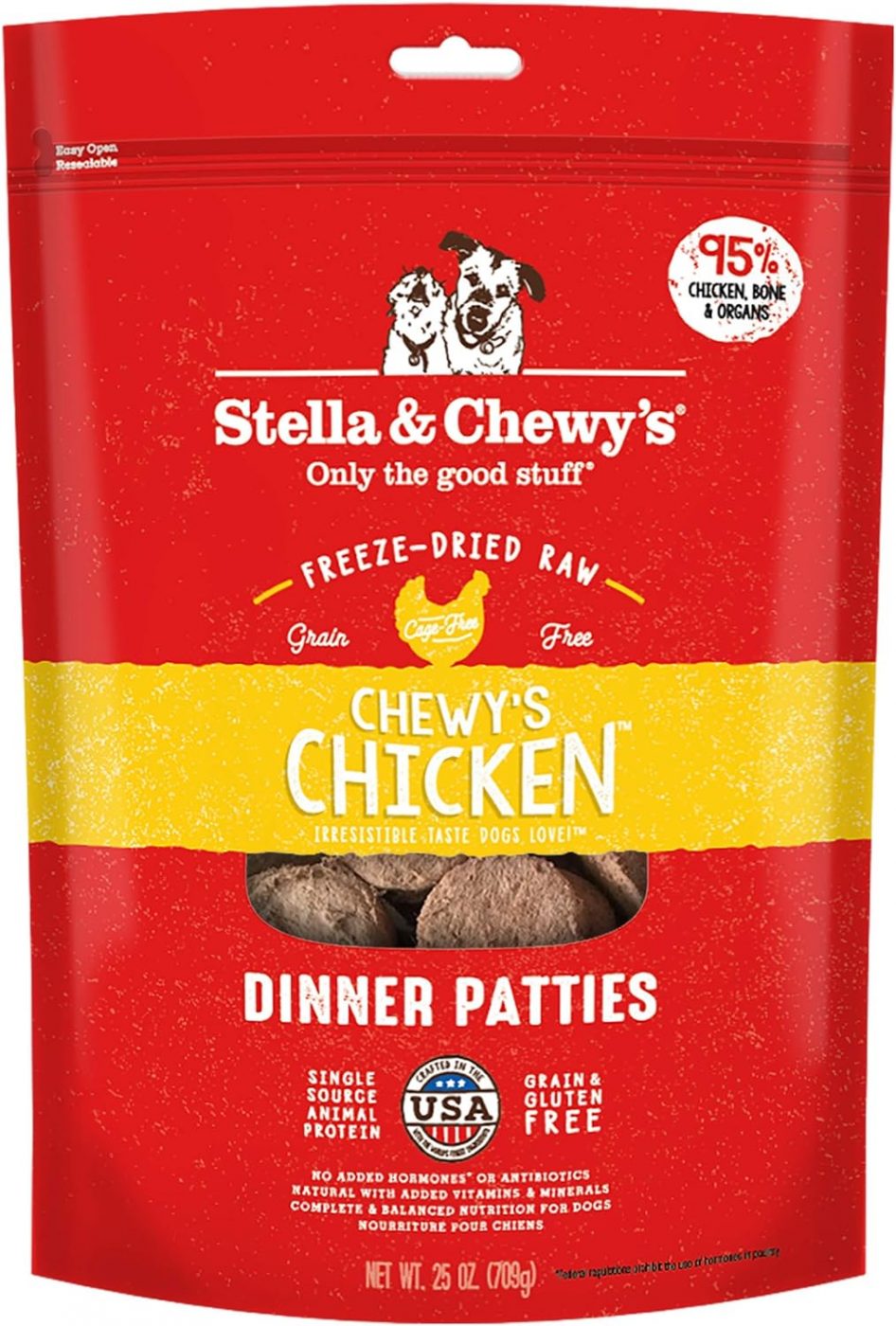
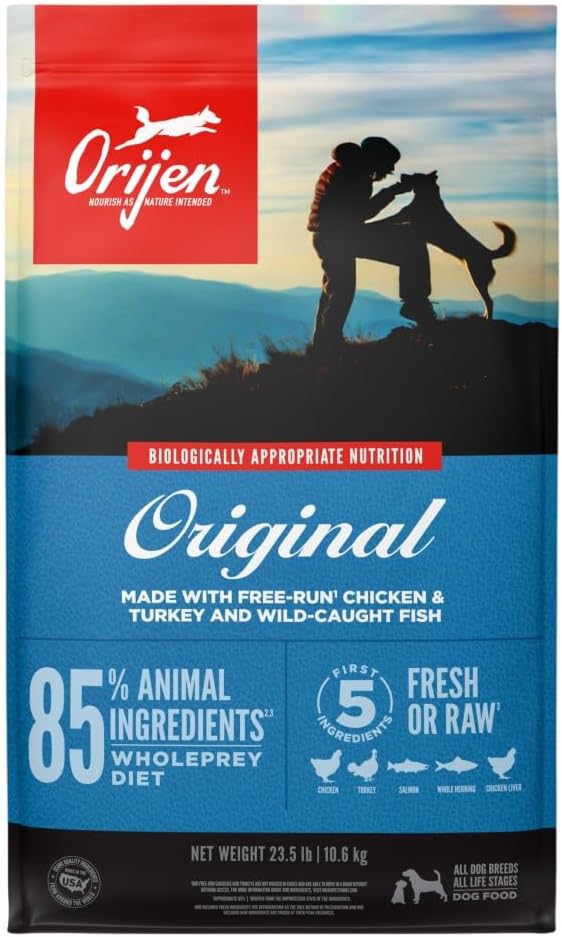
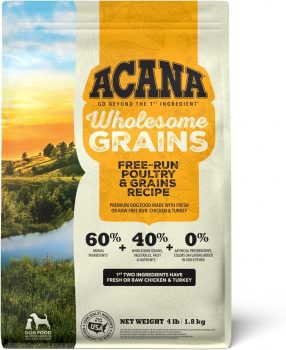
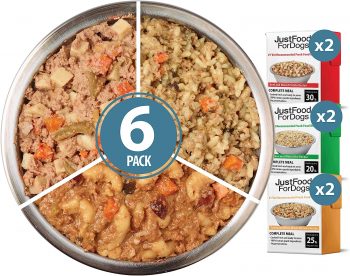
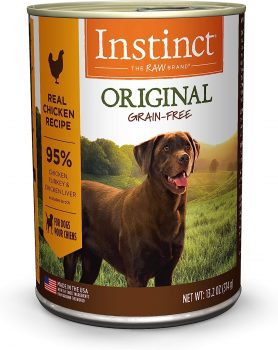
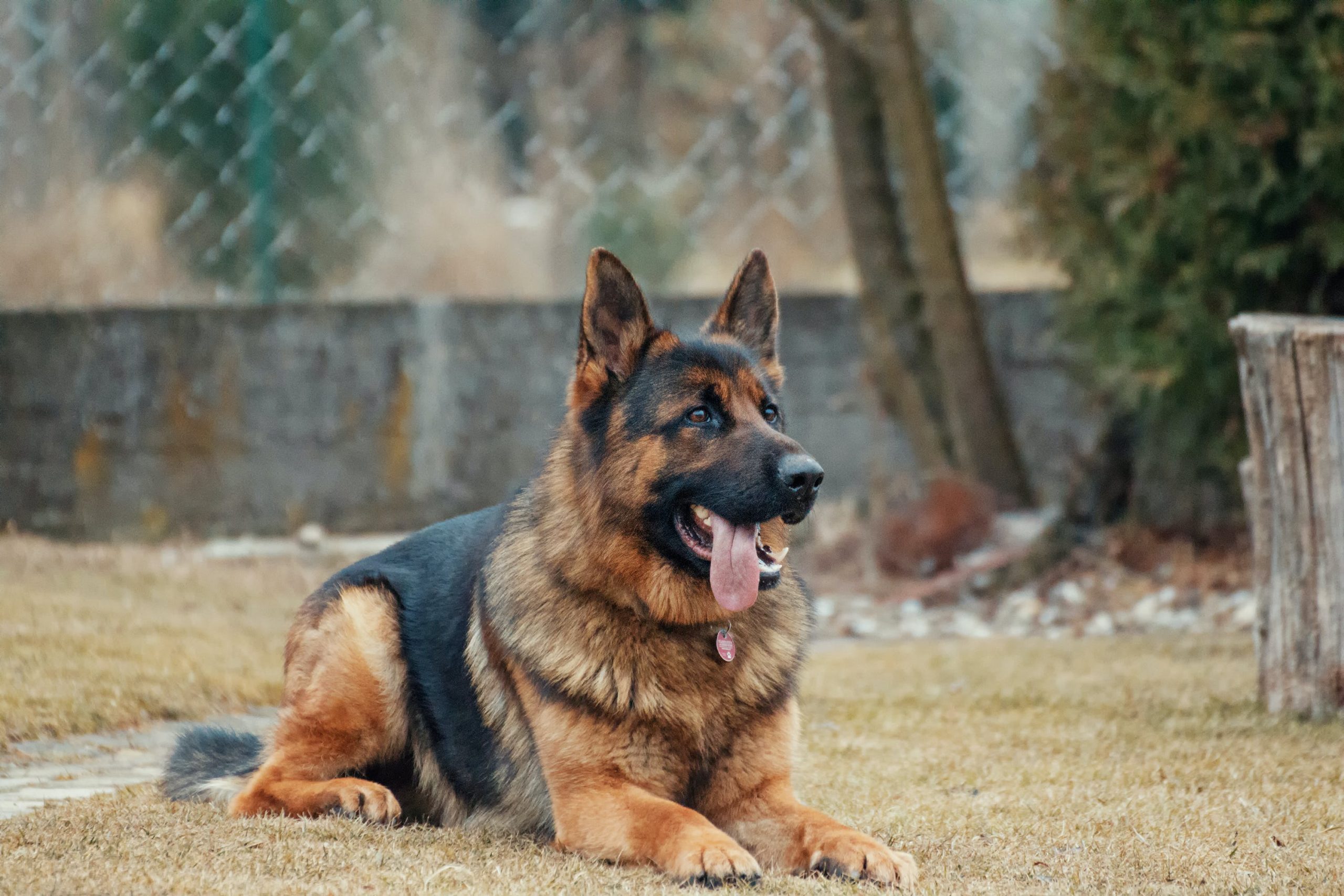
 Toledo, United States.
Toledo, United States.